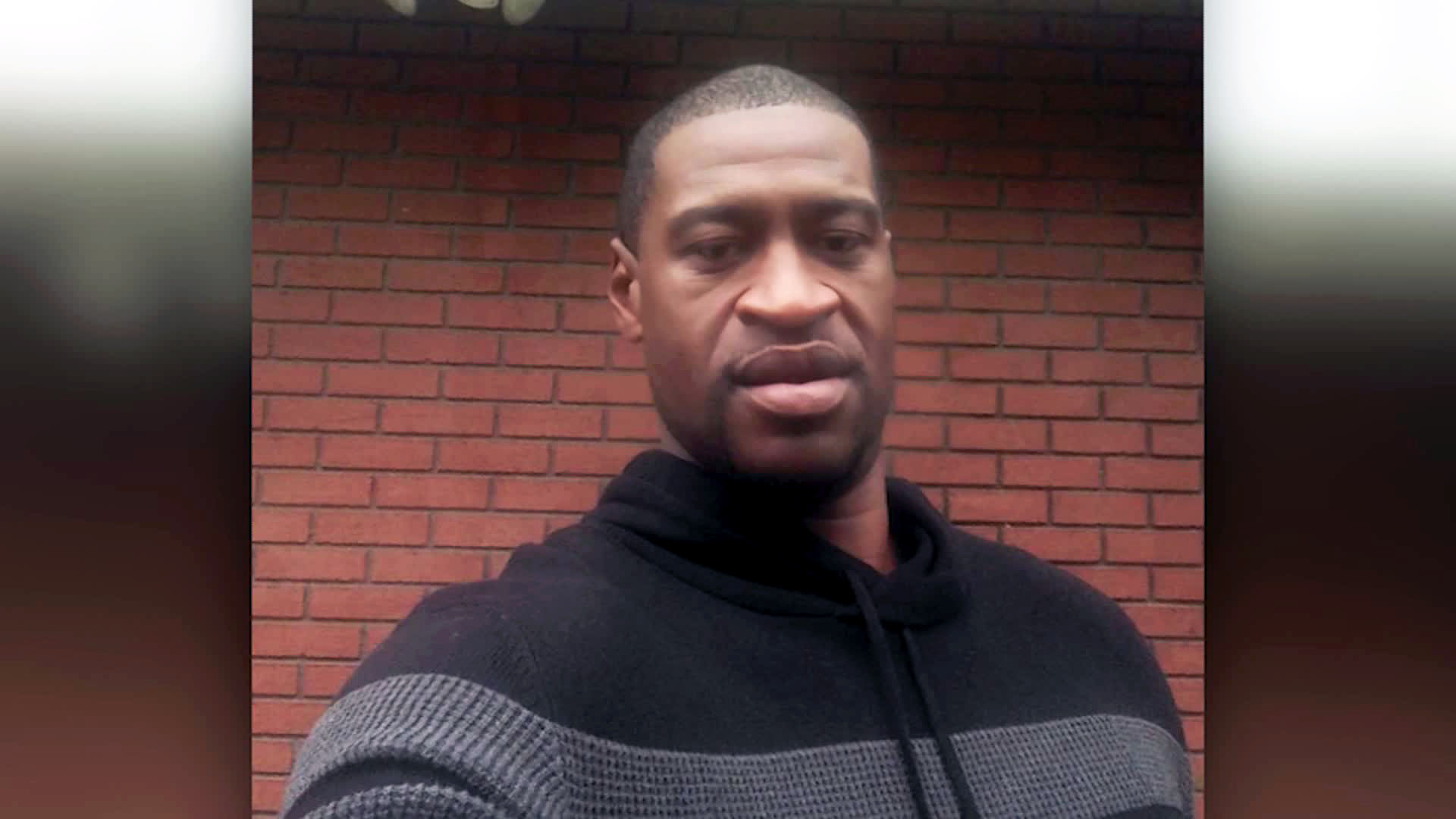OKLAHOMA CITY – An Oklahoma woman, just 40-years-old, is suffering from the early-onset of Alzheimer’s disease.
Amanda Rushing is the third generation in her family to fall into Alzheimer’s grasp.
“Yeah, the last I saw him, he was not himself,” Amanda said.
Her father, Larry, isn’t the only family member she’s seen Alzheimer’s erase.
Her grandfather, her Aunt Debra, and her Uncle Darrel have all passed on, all of them were just a few years older than she is now.
“Debra was 43, Darrel was 42, my dad was 47,” Amanda said as she pointed to cherished pictures of her loved ones.
Amanda was diagnosed with the deterministic gene, inherited from her father, when she was just 22, around the same time she graduated from college with a degree in missions.
She went on to become a pharmacy tech until Alzheimer’s decided it was time for her to quit.
“I love my sister. It was one more knife to the heart,” Amanda’s big brother Travis Jernigan said, upon finding out her diagnosis.
The news of Alzheimer’s robbing yet another family member was crushing.
“Kinda like the scarecrow being pulled apart,” Travis said.
Now at age 40, Amanda still remembers certain things.
“When my daughter was born,” she said with a gleam in her eye.
But Amanda knows things are changing.
“My medicine I take now has helped a lot, but I don’t take it on my own anymore because I messed up one time, so now they give me the medicine when I need it,” she said.”
Amanda doesn’t notice the changes as much as her mother, Anna Ellison.
“How she talks, her speech, and how she interprets things, and for a while, she had an involuntary motion of moving her chin around and now it’s become a stationary spot. And little things, not knowing who people are when we see them. She’ll say, ‘Who is that again?'” Anna said. “I cried my heart out. I was like, ‘I don’t want this to happen to her.’ She’s handling it real well, though. She’s brave,” she said.
These days Amanda lives with her mother and step-father Rob, who came out of retirement to help pay for Amanda’s treatment.
“I guess the biggest hope I’ve got is to find a cure, and do it quick. You know, not just for Amanda, but for everyone, because it tears a family apart,” Rob said with tears in his eyes.
To help find that cure, Amanda traveled to Indiana to take part in an international study with the Dominantly Inherited Alzheimer Network – or DIAN.
“Doesn’t mean it’s going to go away, but I’m doing better than my dad, and my uncle and aunt were, so,” Amanda said smiling.
Doctors say she is on different medications than her relatives, and is not progressing as quickly.
The DIAN study looks at extremely rare inherited cases, like Amanda’s, which account for less than one percent of more than five million Alzheimer’s cases nationwide.
Here in Oklahoma, nestled on the second floor of OU Health Sciences Center’s College of Pharmacy, you’ll find a lab where Dr. Anne Pereira works tirelessly to stop inflammation-related diseases in their tracks.
“Without the research, you really can’t make a difference in the lives of these patients, so the research is critical,” she said.
Dr. Pereira is the Dean of Research and has contributed to multiple patents on discoveries of an anti-bacterial protein called CAP-37, found in the brains of all deceased Alzheimer’s patients in a small study.
“This was something we didn’t expect to find, but it’s part of the whole inflammatory process, and so, we’re very interested to know what it’s doing there. Is it a bad guy, is it a good guy, is it a friend or a foe?” Dr. Pereira said.
She’s currently investigating ways to block that protein to find out how that protein affects the brain.
It’s research like hers, going on around the world, that has led to the beginning of a brand new medicine for the first time since 2002.
“The drug, over 18 months, 80 percent of them reversed from amyloid positive to amyloid negative,” Toni McGee, Director of Development for the Oklahoma Alzheimer’s Association said.
“Thirty percent of those people actually got better, mentally, cognitively, better. We could change history by fixing this one disease. Think about polio – our kids don’t even know what polio is now,” McGee said.
That new drug, called Ban 2401, won’t be ready for another four or five years, if approved.
Amanda hopes to hold on that long.
“I’ll be wherever God takes me,” she said with a smile on her face.

























